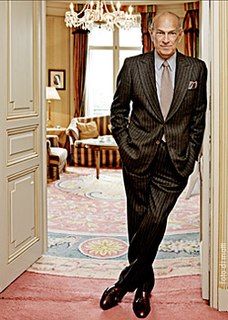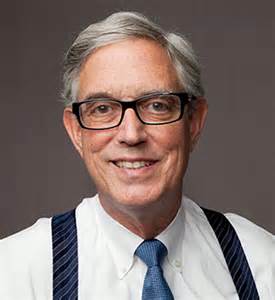A Quote by Quentin S. Crisp
I like the concept of an anti-muse, though I'm not quite sure what that is. If there is such a thing in my life, I suppose it is just this weariness, this sense that it is more fulfilling not to exist, to efface all traces, than to limit oneself to the determined expression of manifestation.
Related Quotes
I suppose if I had said television was more popular than Jesus, I would have gotten away with it. I'm sorry I opened my mouth. I'm not anti-God, anti-Christ, or anti-religion. I wasn't knocking it or putting it down. I was just saying it as a fact and it's true more for England than here. I'm not saying that we're better or greater, or comparing us with Jesus Christ as a person or God as a thing or whatever it is. I just said what I said and it was wrong. Or it was taken wrong. And now it's all this.
Many atheistic books and blogs seethe with anger. Remarkably, the authors do not limit their anger to Christians. They seem most livid with God. I don't believe in leprechauns, but I haven't dedicated my life to battling them. I suppose if I believed that people's faith in leprechauns poisoned civilization, I might get angry with members of leprechaun churches. But there's one thing I'm quite sure I wouldn't do: I would not get angry with leprechauns. Why not? Because I can't get angry with someone I know doesn't exist.
Faith is a quality of being: of being in touch with oneself, with life, and with the universe. It is a sense of belonging to one's community, to one's country and to the earth. Above all it is a feeling of being grounded in one's body, in one's humanity, and in one's animal nature. It can be all of these things because it is a manifestation of life, an expression of the living force that unites all beings. It is a biological phenomenon and not a psychic creation.
I have found that the more I honored others, the more they honored me and the more fulfilling my career became. In the business arena, I have been surrounded by people with awesome skills. The difference between good and great is determined by the mindset you choose to bring to the work. The concept of honor should be part of that mindset.
Zen, on the other hand, is not so dogmatically sterile, though there are certainly traces and more than traces of this austerity. However, with Zen we have not only the void, but the fertile void. The ink lines in a sumi-e painting show this fertility of the void ever ready to brim over into existence.
Nostalgia for people, cultures, everything. There's an ability to use these marks to note things that are erased, deleted. Traces are a species of history, of evidence. It's a way for the way the narrator to construct a semblance of self, even though all of this creates a deception, a way to think of one's traces as a real way to define oneself. The trace is fallible, impermanent. It's one of the motives I had in mind throughout the text.
Busy is good, isn't it? Busy means we're hard at it, achieving our ends or "goals." Haven't had time to stop, or look around or think. That's considered the sign of a life well lived ... Suppose, though, you're not sure that what you're doing is at all worthwhile. Suppose you blundered into it over a spoonful of lime pickle. It's easy, it pays quite well. But really it's a distraction. It stops you thinking about what you ought to be doing.
But suppose one doesn't quite know which one wants to put first. Suppose," said Harriet, falling back on words which were not her own, "suppose one is cursed with both a heart and a brain?" "You can usually tell," said Miss de Vine, "by seeing what kind of mistakes you make. I'm quite sure that one never makes fundamental mistakes about the thing one really wants to do. Fundamental mistakes arise out of lack of genuine interest. In my opinion, that is.
































